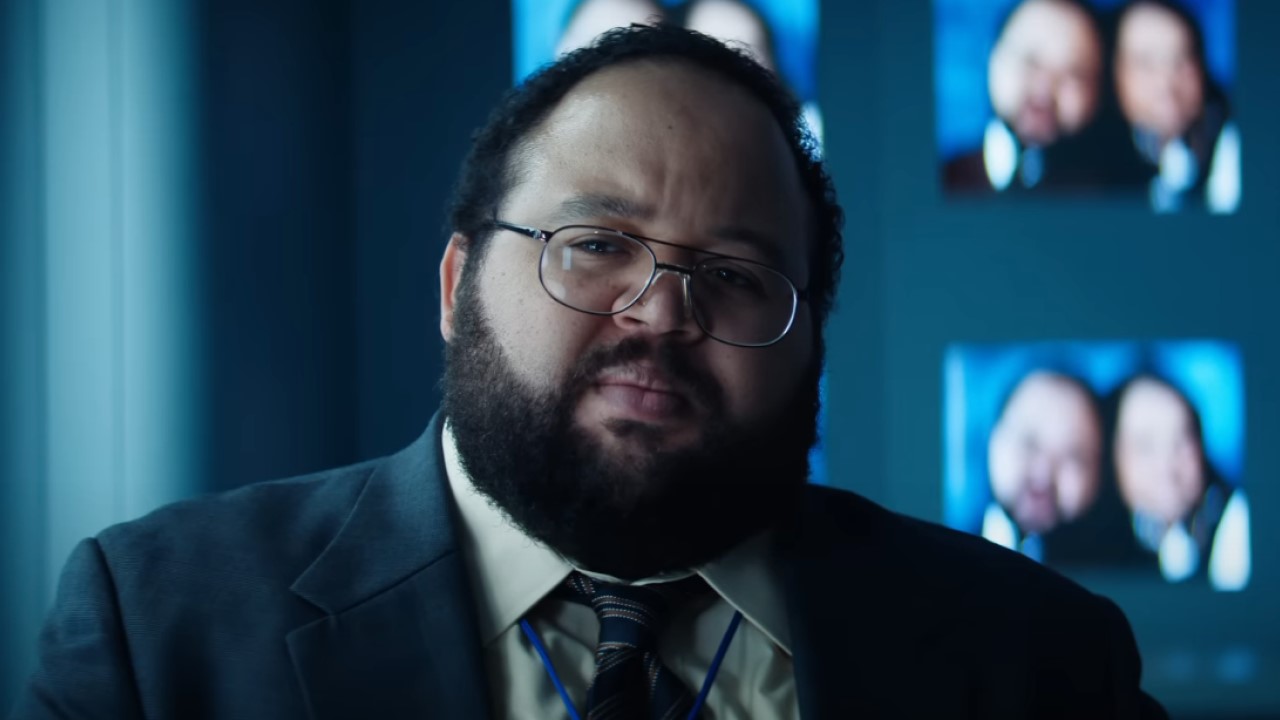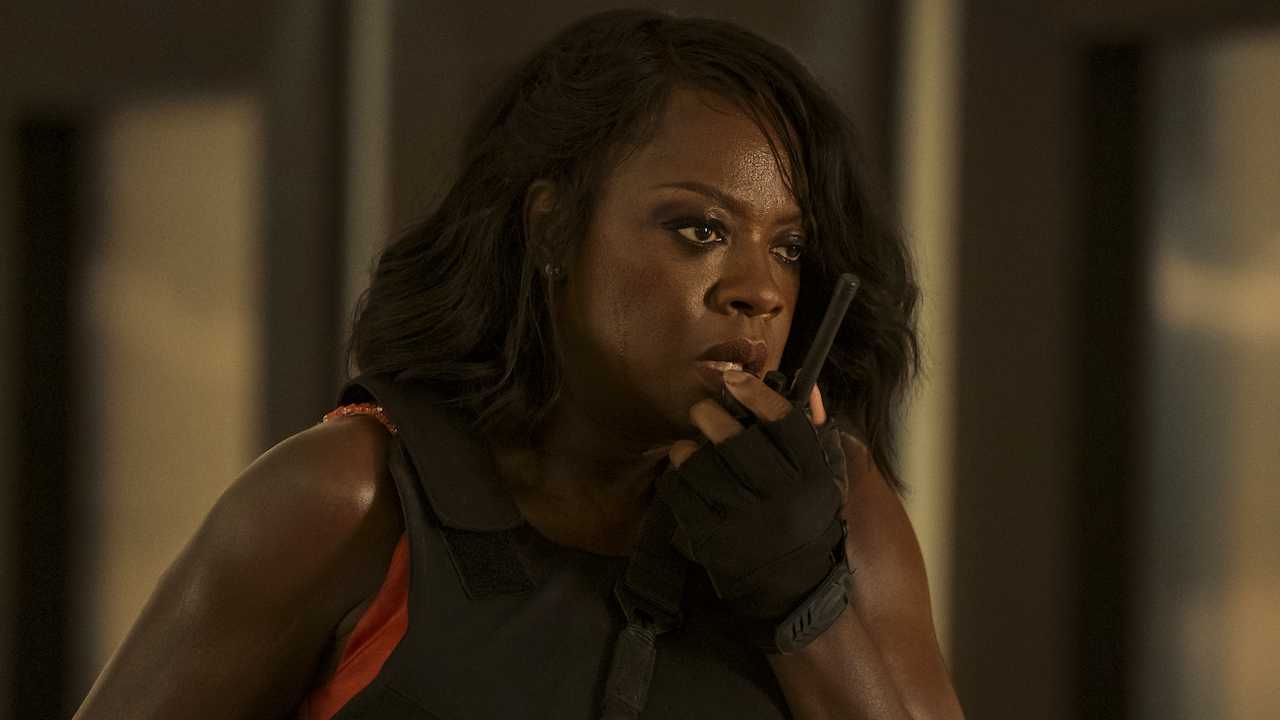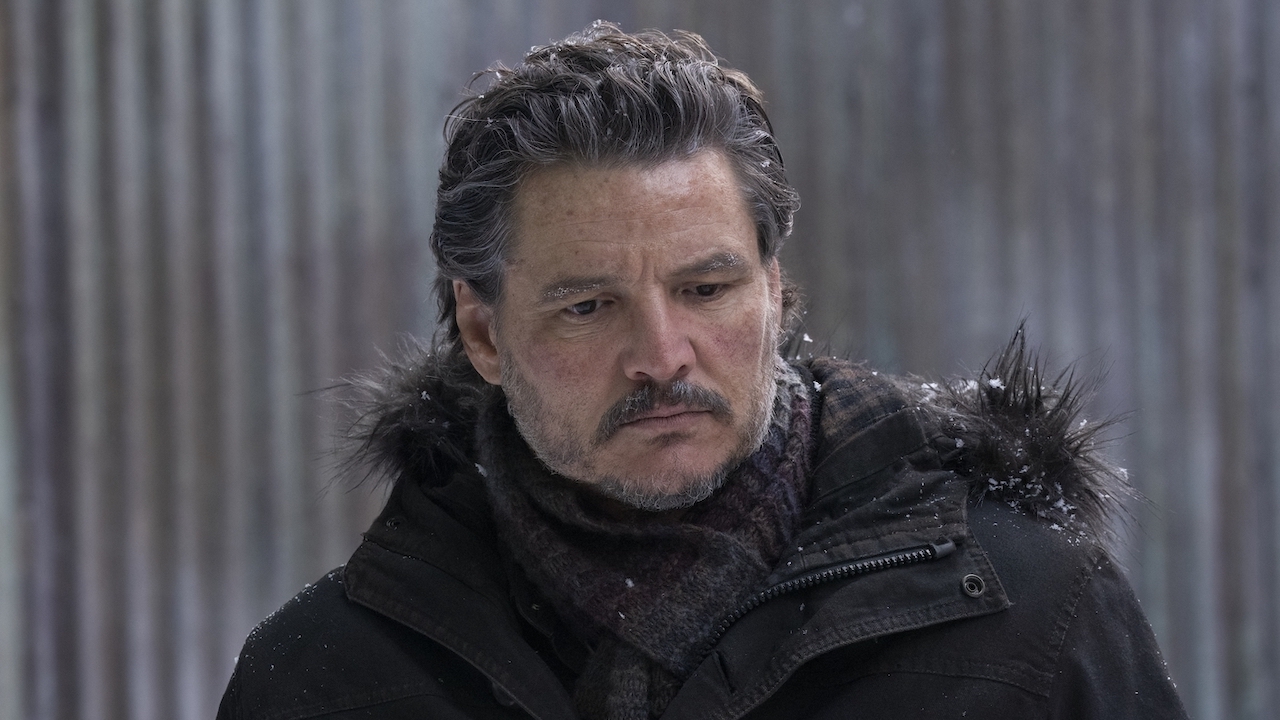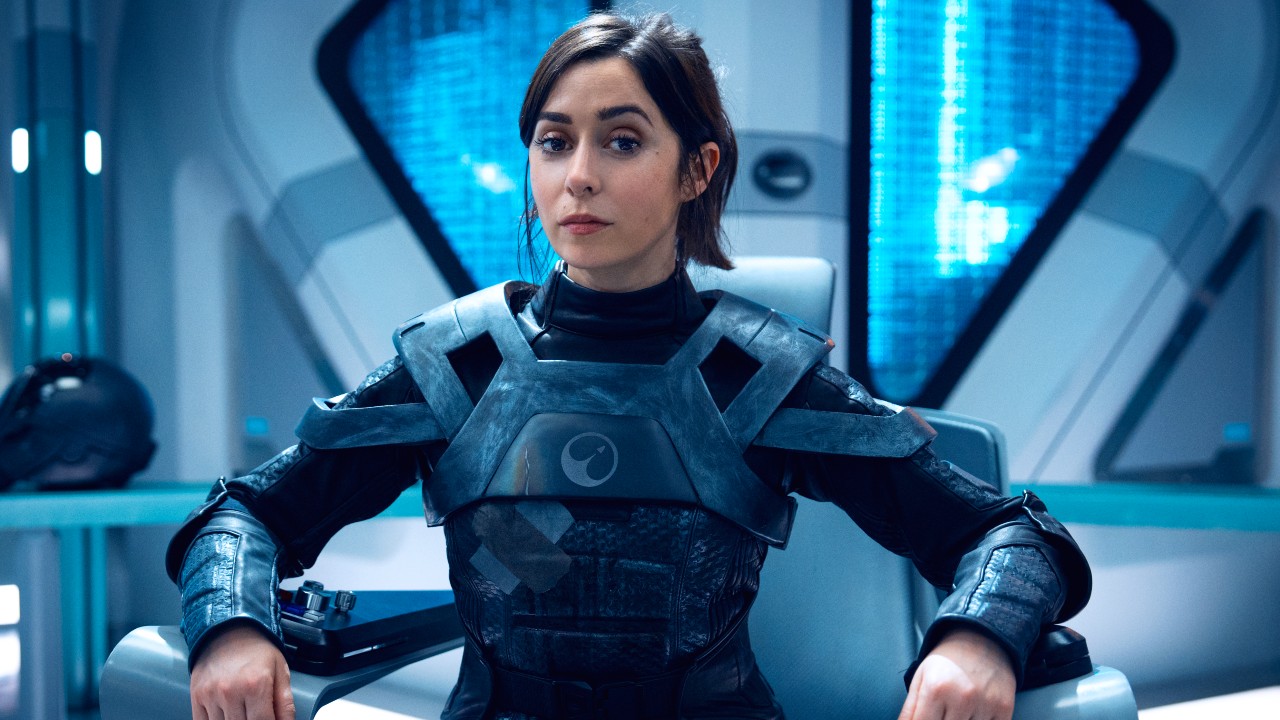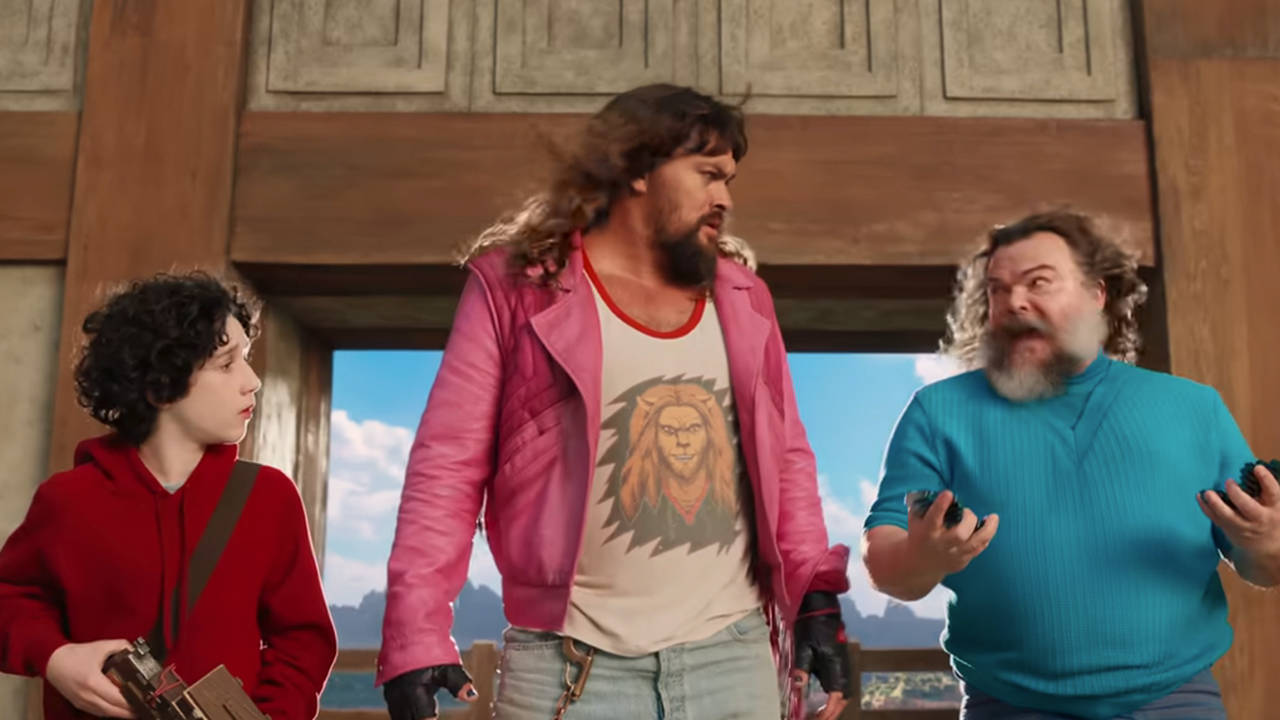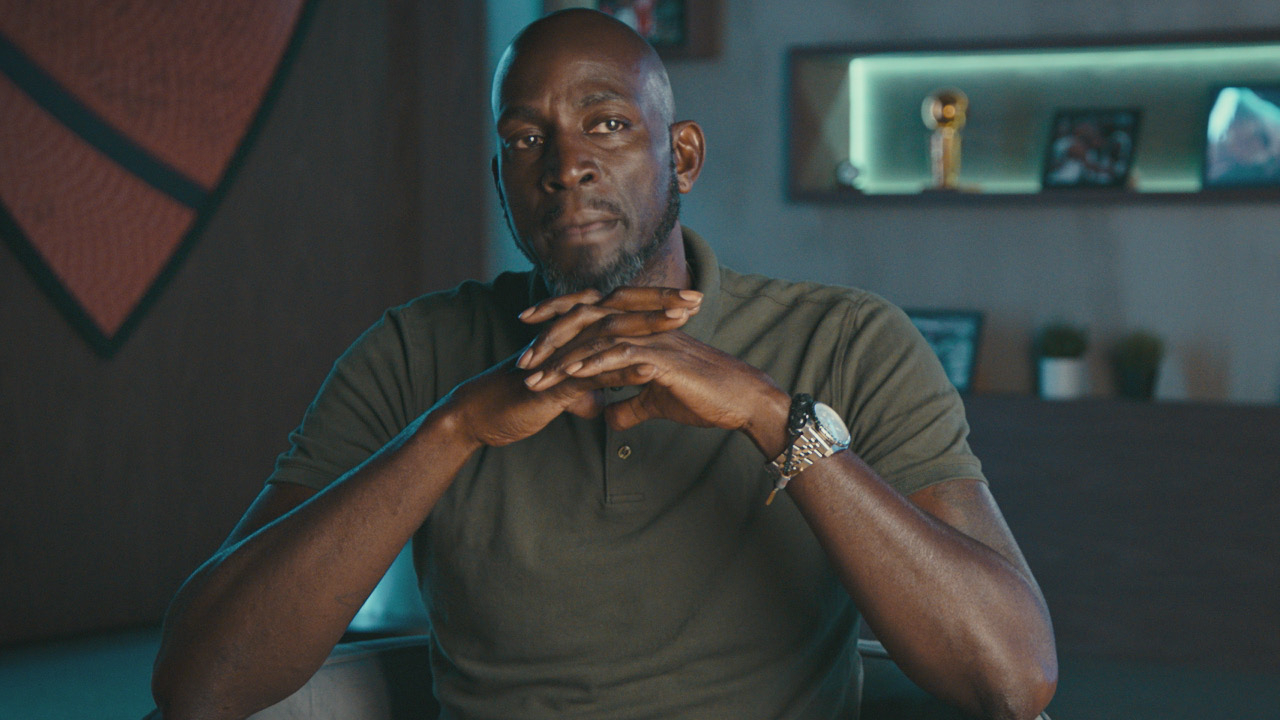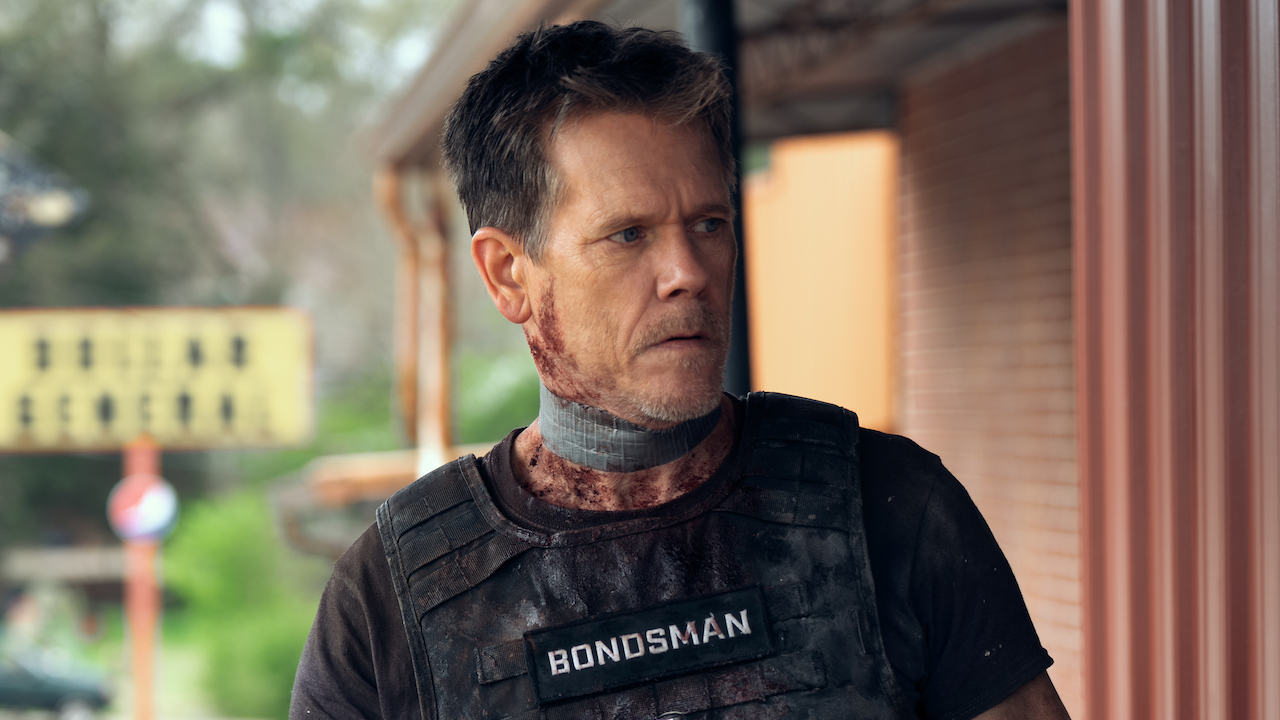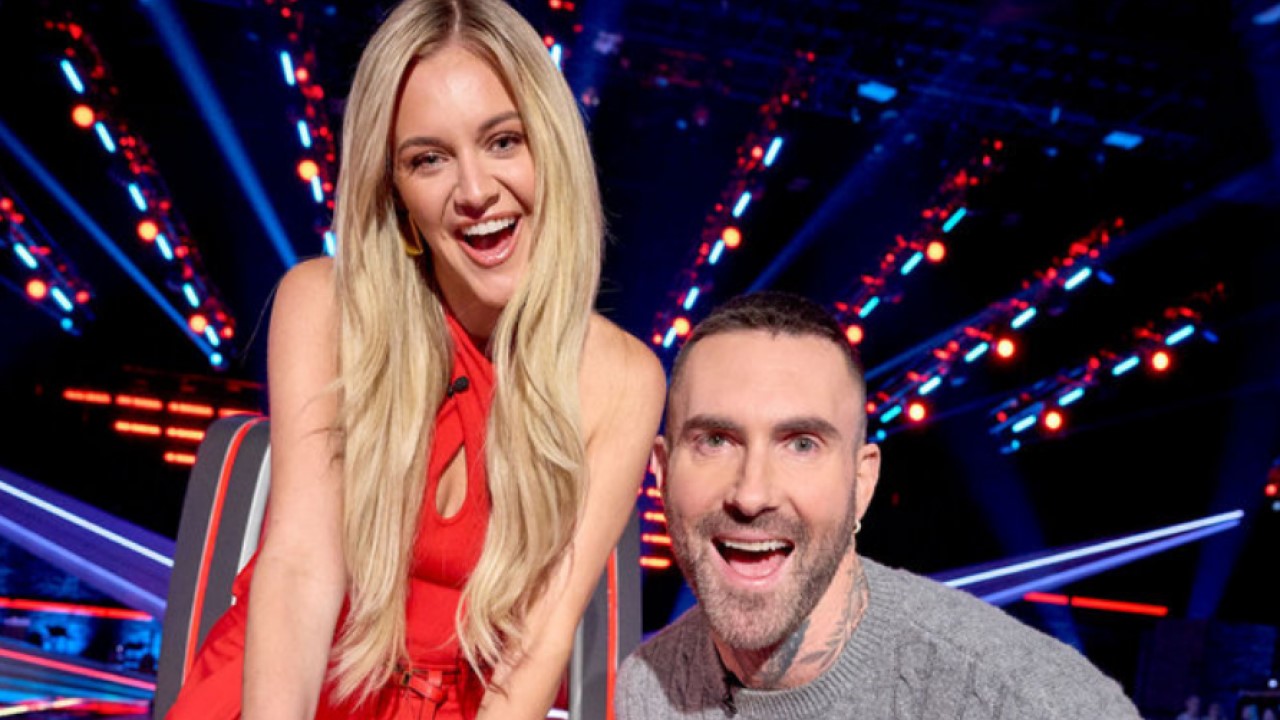Adapting Stephen King's Firestarter: How The 2022 Remake Tries To Follow The More Faithful 1984 Movie
2022's Firestarter is a remake with a rough reputation.
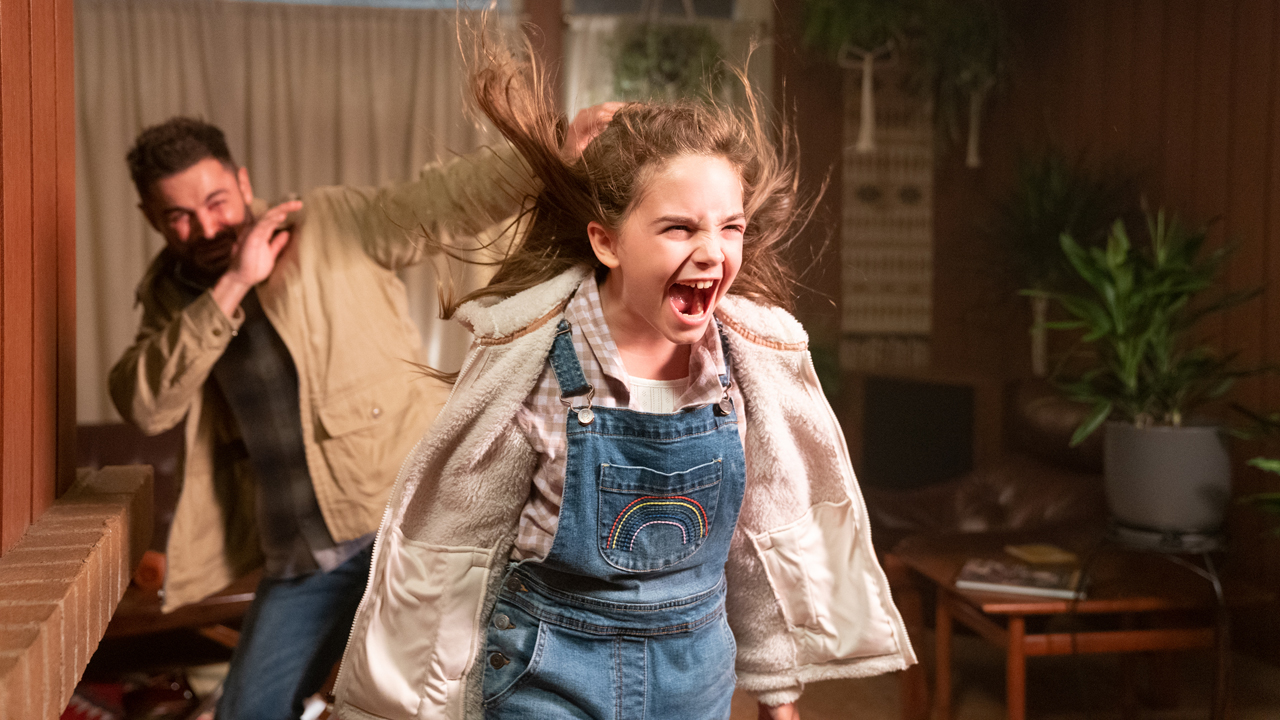
Stephen King remakes have been a thing since 1997 when the author made his own adaptation of The Shining as an ABC miniseries, and while we’ve seen plenty others produced and released in the years since then, one imagines that we’re probably going to see a whole lot more in the near future. Any Constant Reader will point out that there are still a number of novels, novellas and short stories that haven’t been translated to live-action yet (not to mention the fact that King is still publishing at least one book annually), but that’s certainly not a fact that’s going to stop Hollywood from keeping an eye on the classics and calculating whether or not it’s time for younger generations to get something different.
It feels like a wave has been growing since the release of Andy Muschietti’s IT in 2017, which has been followed by remakes of Pet Sematary and The Stand in the last few years, and new versions of Salem’s Lot, Christine, The Dark Half, The Running Man and more populate the list of upcoming Stephen King movies and TV projects. Keith Thomas’ Firestarter is obviously a part of this trend as well.
As far as Hollywood remake calculations go, Universal Pictures actually first determined that the time was right for a fresh take on the pyrokinesis story more than a decade ago. It was in December 2010 that the studio and Dino De Laurentiis Co. (the producers of the 1984 adaptation) began development on new Firestarter, and they had some ambitious hopes. Mark L. Smith, the writer of 2007’s Vacancy, was hired to pen the script, and plans were made to try and have the project be the start of a franchise.
Instead of becoming a hot, fast-tracked project at Universal, however, Firestarter took a long trip through development hell, and it wasn’t until April 2017 that it finally found some viable footing. It was then that the studio put the film in the hands of their partners at Blumhouse Productions, and instead of Mark L. Smith handling screenwriting duties, Scott Teems was hired to develop an original draft and Akiva Goldsman was brought on as a director.
Goldsman, who has a complicated history with Stephen King adaptations thanks to his crack at The Dark Tower, didn’t ultimately stay aboard to direct, and he was replaced by filmmaker Keith Thomas in 2019 (though he is still credited as a producer). About 10-and-a-half years after the Firestarter remake was announced, principal photography began in May 2021, and the film was released almost exactly one year later with a hybrid distribution model – premiering in theaters and on Peacock the same day.
Unfortunately, things didn’t exactly work out as planned – and Firestarter most definitely didn’t inspire any sequel talks. Critics at large rejected the remake and so did audiences, as the movie only made $15 million playing in cinemas around the world. It’s a sad story at the center of this week’s Adapting Stephen King.
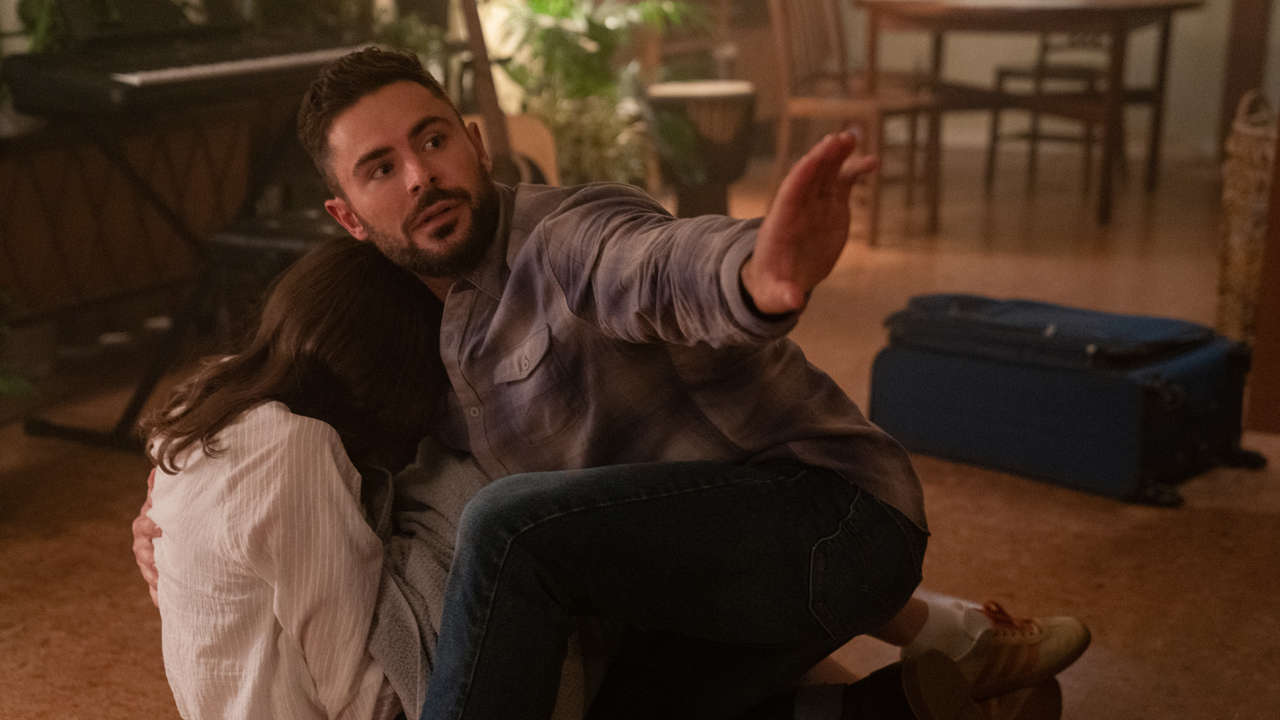
How Keith Thomas’ Firestarter Differs From Mark L. Lester’s Firestarter
When director Mark L. Lester was making the original Firestarter adaptation in the early 1980s, he inherited a script that was going to be directed by John Carpenter and deviated heavily from the book. Not satisfied with the work, Lester teamed with screenwriter Stanley Mann to create a whole new draft – one that directly translated the story from Stephen King’s novel into live action. Some changes were implemented by the filmmakers, but what unfolds in the movie is, for all practical purposes, identical to what happens in the source material.
CINEMABLEND NEWSLETTER
Your Daily Blend of Entertainment News
Naturally, this had an impact on the way that that Keith Thomas and Scott Teems wanted to approach the work for the remake. When I interviewed Thomas a couple months prior to the start of production on Firestarter, I asked him about his relationship with the 1984 film and its influence on the take that was being crafted, and he explained,
It certainly sets it up, as I'm excited about doing a different, a new adaptation of the book, and getting into some things that the original film didn't – some things that I think are kind of core to what the book is. And at the same time it's both true to the story and true to the heart of the book, but at the same time we're living in a different era than the early '80s, and I think there's a lot of stuff to explore in it that that King obviously is hinting at throughout the book that I don't see as much in the original film that I think we can really dive into.
When actually comparing the movies side-by-side, Keith Thomas’ Firestarter doesn’t really do much to bring back details from the novel that the original adaptation cut out, but there is one exception, and it concerns Zac Efron’s Andy McGee.
While the 1984 film puts the vast majority of focus on Drew Barrymore’s young, fire-conjuring Charlie McGee, the remake provides audiences with more from her father’s life – specifically the way that he makes a living while on the run from the government. As in the book, Andy has a little shingle for private motivational consultations. While customers think that they are getting life-changing therapy, their therapist is actually using his unique super power to mentally “push” them to break bad habits like smoking and overeating.
It’s a fun addition for Constant Readers who missed that bit in the original Firestarter… but it’s inclusion as a way of being more faithful to the book is really drowned out by the massive changes that are made to the rest of the story.
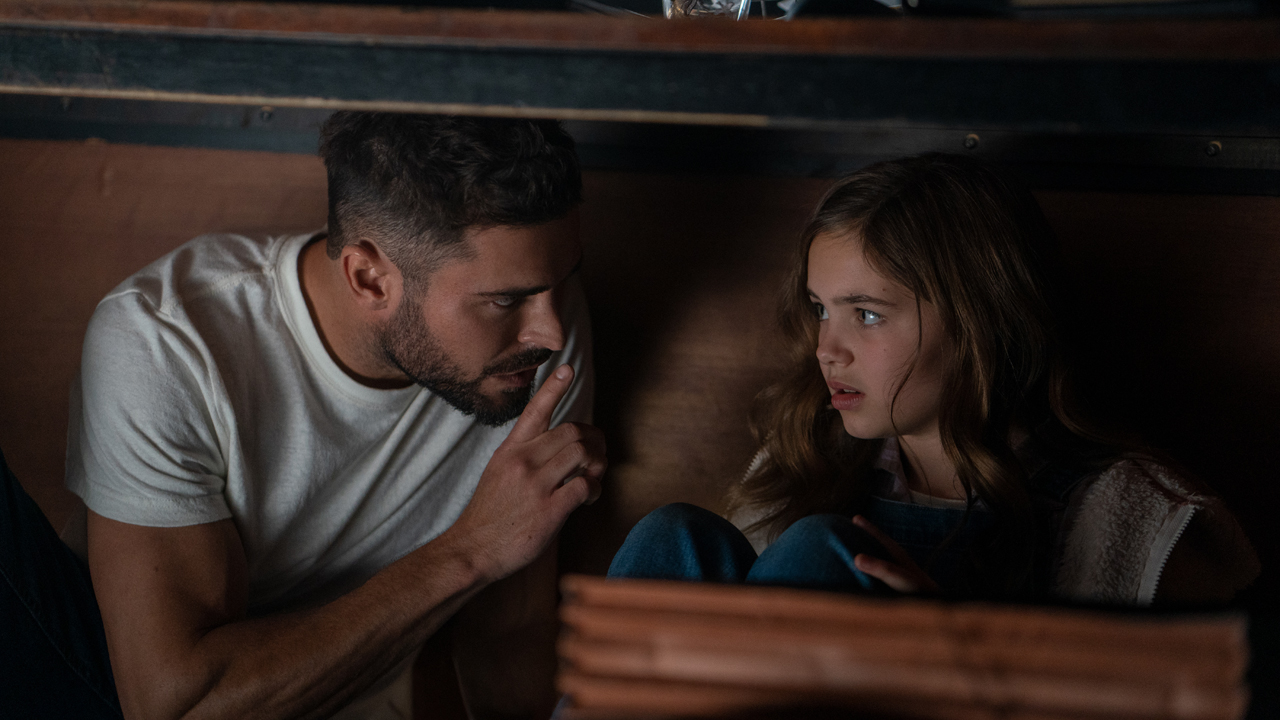
How Keith Thomas’ Firestarter Differs From The Book
Keith Thomas’ Firestarter is similar to the aforementioned remakes of Pet Sematary and The Stand. When an adaptation that is super faithful already exists, there is motivation to try and change things up with a remake and create something that stands apart from what has already been done. In this particular case, the heart of the story remains – a father and daughter with psychic abilities go on the run from a government agency that wishes to experiment on them – but a significant number of key details are altered, including the ending.
At the start of the film, a flashback reveals that all of the superpowers featured in the story originate from an experimental drug called Lot 6, but much of what happens in the aftermath that sets up the main story is original. In Stephen King’s novel, the government agency known as the Department of Scientific Intelligence a.k.a. The Shop keeps what could be described as loose tabs on the McGee family, only choosing to make a move and try to abduct Charlie McGee when she is eight years old.
In the 2022 movie, it’s established not only that Andy and Vicky (Sydney Lemmon) have been on the run ever since The Shop tried to take Charlie (Ryan Kiera Armstrong) as a baby, but also that McGee isn’t their real last name. Instead, it’s a fake name so that they can try and set up a life and Charlie can go to school.
The Firestarter remake also makes significant changes to the characters’ power sets in the film. For starters, Vicky is telekinetic instead of being telepathic, and Andy has telepathy in addition to his mind control ability. In the book, their offspring develops with a new gift as a result – pyrokinesis – but that’s not the case in the film. Instead, she has the ability to conjure flames as well as both her parents’ gifts.
Along similar lines, John Rainbird (Michael Greyeyes) is not merely depicted as an agent who works for the D.S.I.; he is a former test subject just like Andy and Vicky. This gives the character a bit more depth than the pure psychopath that is in the book, and he is additionally brought into the story at an earlier point (unlike the novel, he is the one who kills Vicky, which leads to Andy and Charlie going on the run).
In faithfulness to the source material, Keith Thomas’ movie keeps the sequence at the Manders homestead as part of the story, but everything plays out differently. Instead of featuring Irv and Norma as an elderly couple who winds up helping and defending the McGees, Irv in the film, played by John Beasley, is featured as suffering from dementia while caring for his comatose wife (Sheila Boyd), and he ends up calling the cops on them.
In the novel, Andy and Charlie escape the Manders’ farm and make it to a remote cabin, but the 2022 movie features Andy getting captured by Rainbird at the scene while Charlie escapes. In King’s version, Charlie is never on her own out in the world (she is brought to The Shop at the same time as her father), but the remake adds a time period where the young protagonist hones her abilities while alone in the woods before making her way to rescue Andy.
The end of the book and the end of the movie both feature Charlie using her powers to burn D.S.I. to the ground, but the circumstances are totally different. Instead of the girl setting the facility ablaze following the death of her father, it’s Andy who essentially makes her do it by utilizing his push power while he is being held hostage by Captain Jane Hollister (Gloria Reuben). Instead of killing Rainbird amidst all the chaos, she spares him – seeing him as a victim despite the fact that he killed her mother – and they go off together as the credits roll.

Is It Worthy Of The King?
Keith Thomas’ Firestarter got decimated by critics. It has a grimace-worthy 10 percent score on Rotten Tomatoes, which means that only one out of every 10 reviews registered on the site gave the film a passing grade. That’s a terrible ratio – and I don’t think it’s totally fair.
While I won’t defend every choice that is made in the movie (I actually really hate Charlie and Rainbird joining forces at the end), there are big swings away from the novel that I appreciate. For example, it never did sit right with me in the book that The Shop would take a wait-and-see approach with Charlie’s birth, and that’s rectified in this version of the story. Compared to the 1984 adaptation, Vicky has a much more substantial role, and there is an interesting debate raised regarding how to tame Charlie’s powers. And while I don’t like the conclusion of his arc, John Rainbird is certainly given more complexity by Scott Teems’ script.
It’s never going to be viewed as one of the greatest Stephen King movies, but Firestarter’s positive attributes aren’t represented in its reputation garnered in the months since its release, and should at the very least be offered some consideration from King fans for what it does with the material and the existence of the previous adaptation.
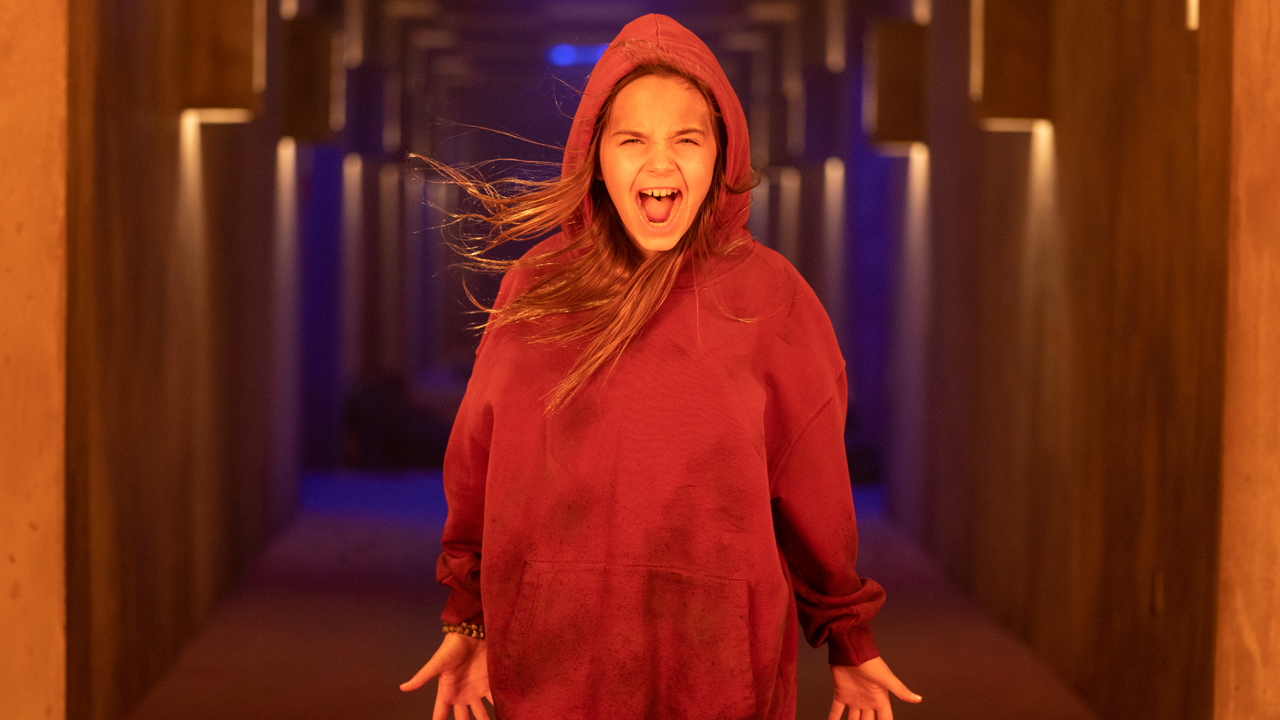
How To Watch Keith Thomas’ Firestarter
Firestarter’s streaming situation is a bit strange. As noted earlier, the movie premiered on Peacock at the same time that it hit theaters, but the Universal-owned subscription service no longer has it in the library. Instead, you’ll presently find it over at Amazon where it is available to watch with an Amazon Prime Video subscription. If you don’t have Prime, you can purchase digital copies on Google Play, Vudu, and Apple. For all of you physical media folks working to build the ultimate Stephen King collection, a Collector’s Edition Blu-ray was released in June 2022.
After nearly two years of writing this column, my last weekly Adapting Stephen King piece will be going live next Wednesday in the CinemaBlend Streaming section, and I’ll be taking a look at what presently is the most recent King movie: director John Lee Hancock’s Mr. Harrigan’s Phone, based on the novella of the same name from “If It Bleeds.” Meanwhile, you can find my previous 89 features by clicking through the banners below.







Eric Eisenberg is the Assistant Managing Editor at CinemaBlend. After graduating Boston University and earning a bachelor’s degree in journalism, he took a part-time job as a staff writer for CinemaBlend, and after six months was offered the opportunity to move to Los Angeles and take on a newly created West Coast Editor position. Over a decade later, he's continuing to advance his interests and expertise. In addition to conducting filmmaker interviews and contributing to the news and feature content of the site, Eric also oversees the Movie Reviews section, writes the the weekend box office report (published Sundays), and is the site's resident Stephen King expert. He has two King-related columns.
